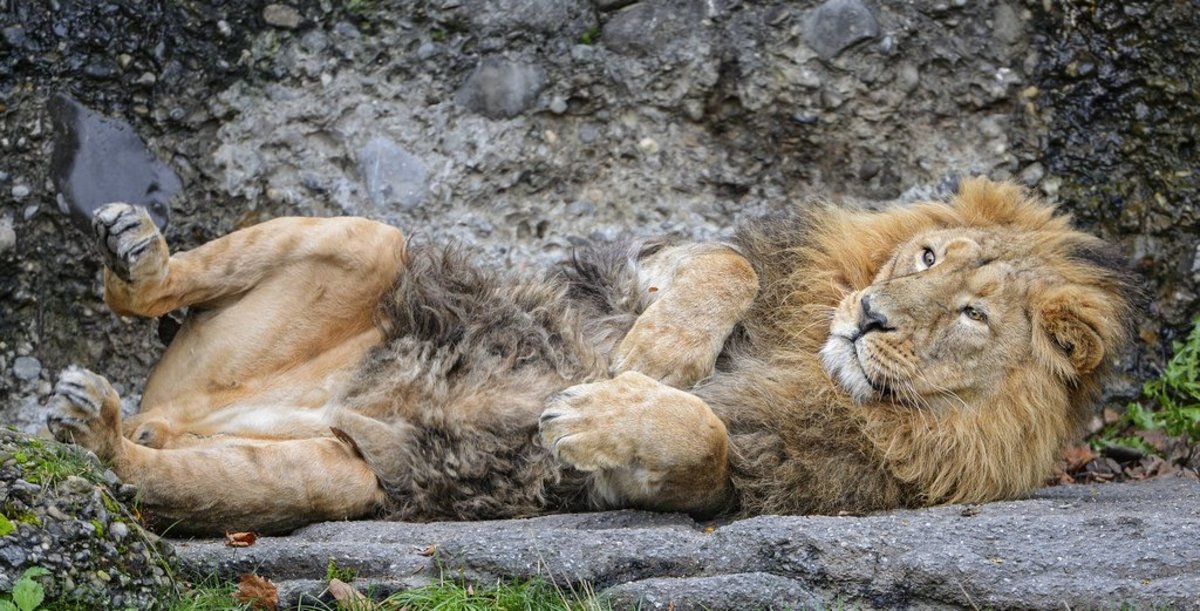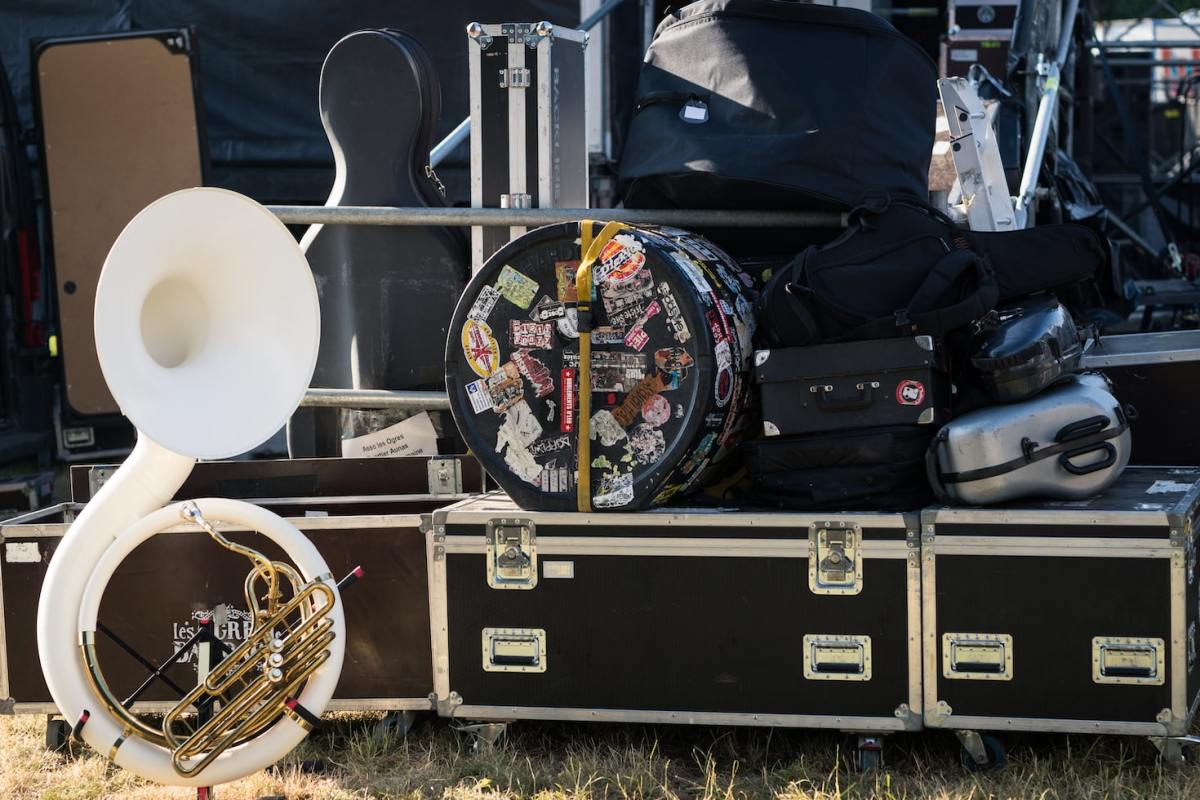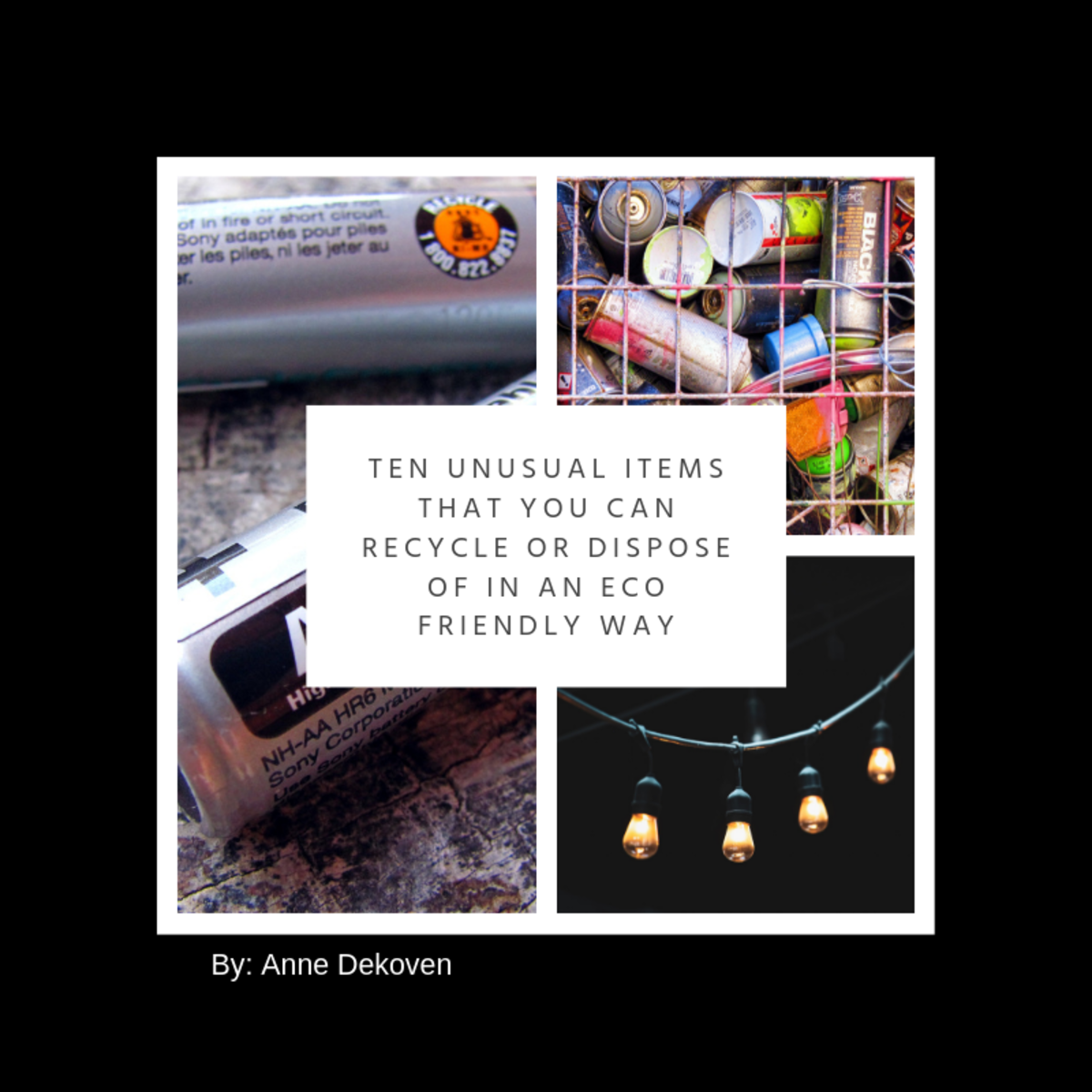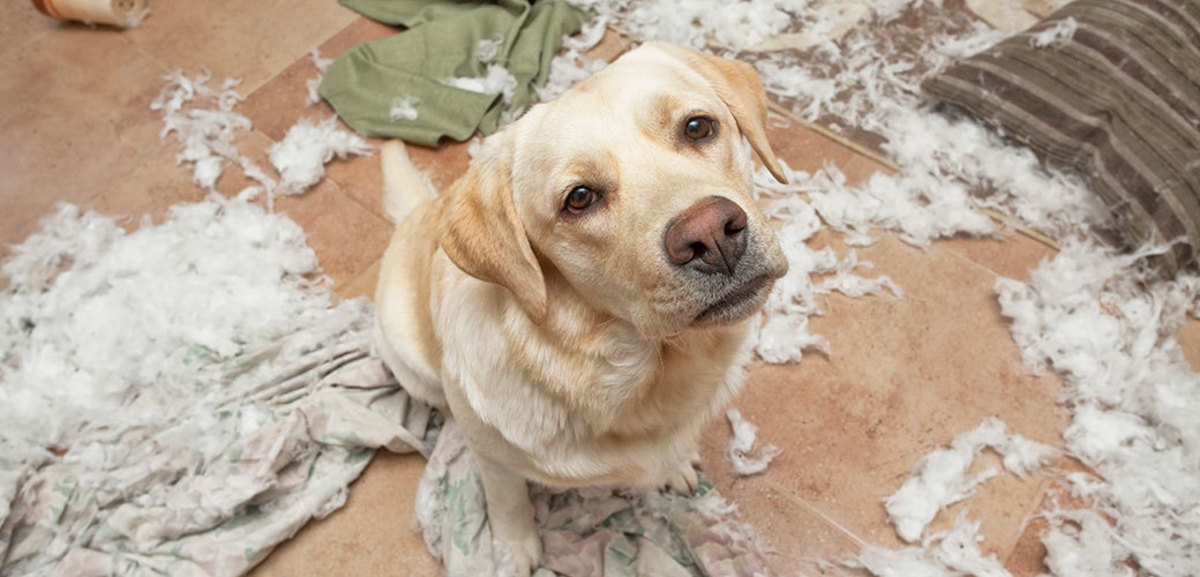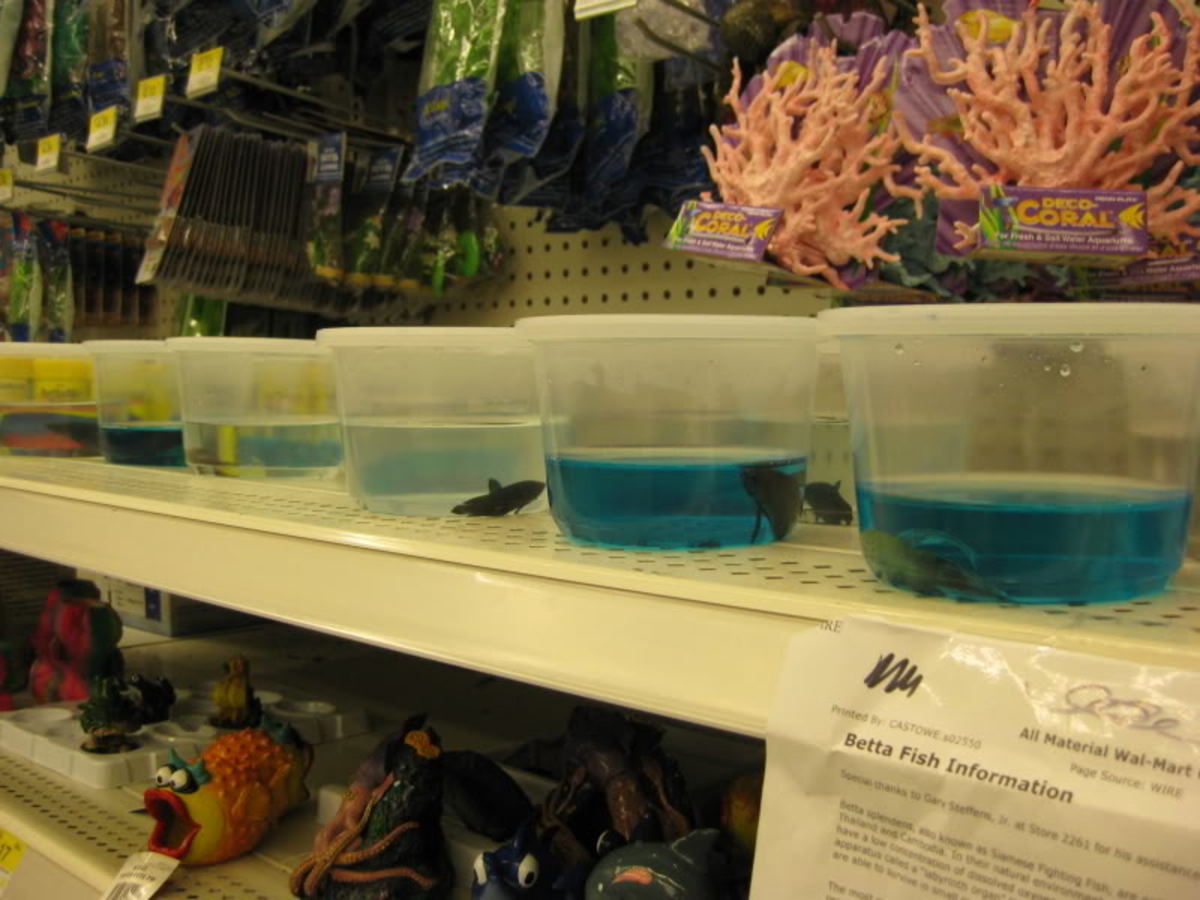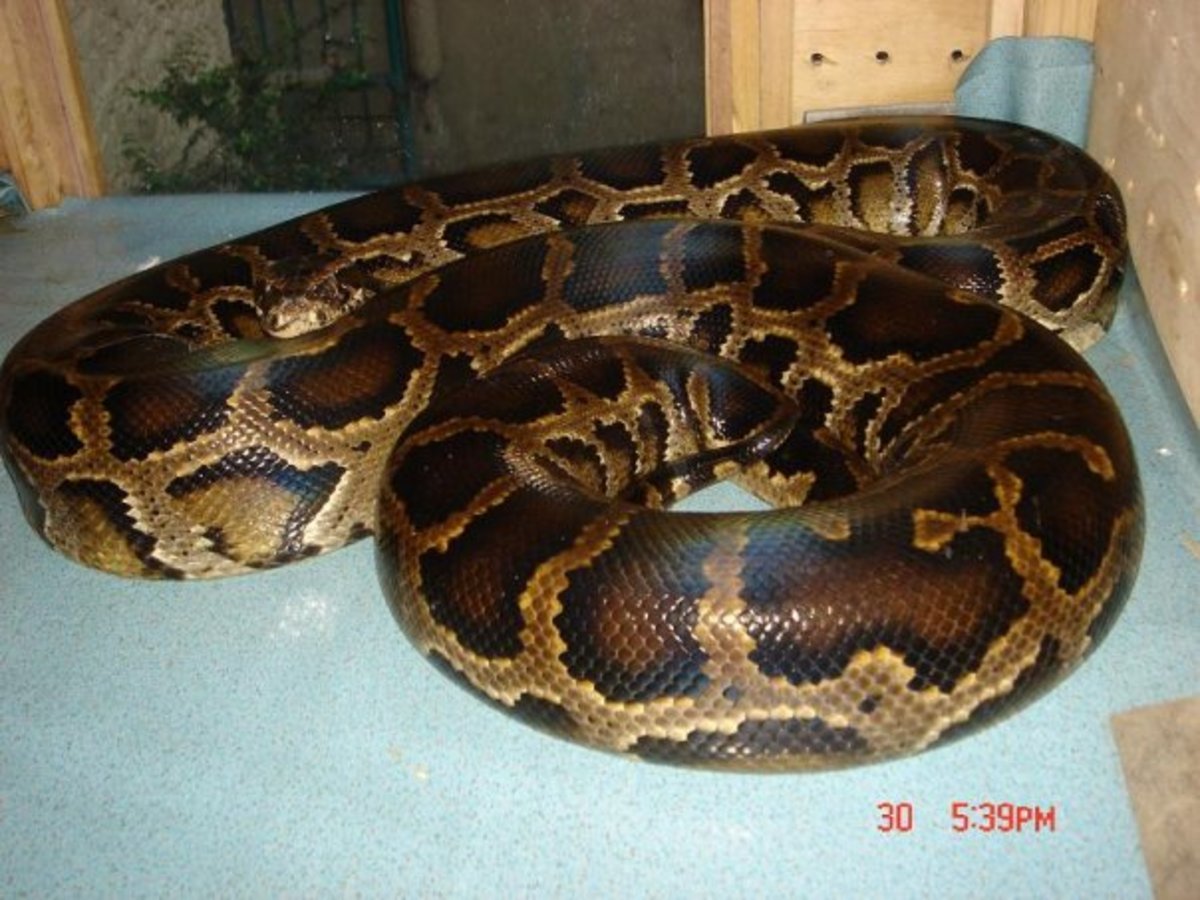Protect Your Pet From Household Hazards
Household Hazards for Your Pets
I admit that I always thought it was only dogs that would eat anything. However, I had a cat that would eat anything that flew in the window and then throw up. Often I would hear him crunching on something and I knew I hadn't given it to him - then the throwing up began. Knowing this particular kitty convinced me that some cats are just as bad as dogs when it comes to eating anything - even something that is hazardous.
It's important to remember, too, that even if you put things up and away, cats are climbers and can get into anything. Hazardous items need to be kept where even the nosiest cat cannot find it.
Following are two lists. The first is a list of common household items that you may leave laying around thinking your pet has enough sense not to eat, lick or step in; that may not be true. Your pet may step in something hazardous indoors - like floor cleaner or bleach - and then lick it off the paws.
The next list explains what to do in an emergency including a toll free poison hotline for pets. It is up to us to be cautious and prepared - and not think cats know better.
THE LIST:
Pennies (and other items containing zinc) - pennies are considered the most dangerous of all coins because some contain zinc which can be harmful. However, all coins are a choking hazard. Make sure your giant coin jar has a top. (I had a cat that would climb up on top of my highest armoire and push down the coins. He didn't particulary care for the dog so maybe he knew the dog would eat the pennies). Other items with zinc that your pet has access too are the nuts and bolts on kennels and carriers.
Batteries - the most common batteries are alkaline. If your pet licks or chews on them it can result in a burn to the mouth. Cats love to play with items that roll or can be knocked around. This also includes those button cell batteries from watches and MP3 players. In our effort to recycle we may leave these laying around for too long. Look for battery recycling at:
earth911.com/batteries.
Detergents (as well as bleach and disinfecting products) - danger often lies in your pet walking on a just cleaned floor and then licking the paws. Make sure your pet cannot enter or stays away from a just cleaned area. Frankly, I think it's time to remove all toxic chemicals from our homes. Meanwhile, childproof locks can work. I had a cat that could open any cabinet in search of food so more precautions are needed.
Fabric Softener Sheets - I just read an article that said this is one of the most dangerous household hazards as it contains harmful detergents known as cationics. While, it is suggested that we store these securely, as any other chemical, I think it's time to get this stuff out of the home.
Mothballs - the objective here is to kill moths so mothballs contain an insecticide known as paradichlorobenzene. If they contain the ingredient napthalene, they can kill your pet. If you must have these in your home they must be in a sealed container. Don't think the cedar blocks are safer - they contain toxic oils.
Certain Plants - when I checked the ASPCA (American Society for the Prevention of Cruelty to Animals) website for dangerous plants it listed 433! There are many more but these 433 are the ones that were deemed most common and dangerous having systemic effects and/or intense effects on the gastrointestinal tract. Many are outdoor plants but indoor plants include the diffenbacchia, aloe, calla lilly, and many more. Refer to the aspca website at:
aspca.org/pet-care/poison-control/plants (this is an excellent website to peruse before you have an emergency).
Their hotline is 1-888-426-4435
IF YOUR PET INGESTS THE FOLLOWING DO NOT PANIC:
- vitamins (unless high in iron) -
- silica gel packets -
- toilet bowl water - (without the automatic cleansers)
- hand lotion -
In my research it stated that your pet may get an upset stomach but won't suffer long-term effects. Of course you have to be sure that any one of the items on the list is what your pet ingested and only in small quantities. Be safe and call the toll free ASPCA hotline. Read carefully through the list below to learn what to do in an emergency.
WHAT TO DO IF YOUR PET INGESTS A HAZARDOUS MATERIAL:
1 - Know in advance who offers 24 hour emergency service - have this phone number on hand just in case your vet cannot be reached.
2 - Call the the ASPCA Animal Poison Control Center or call your vet - the number for the Posion Control Center is 1-888-426-4435 - you should also keep your vet's number readily available.
3 - Try to know how much of what was consumed - try to have the product bottle or packaging when you call. Take it with you should you go to the vet or the hospital.
4 - Be prepared with your pet's statistics - keep your pet's age, weight, gender and breed and any other vital information in an easy to access place - treatment can vary due to weight and size. (I was surprised to find that my son keeps a running log for his pet snakes in great detail - every time they eat and how much, when they shed, bowel movements, their growth by length, etc. - he would be prepared in an emergency and can grab the log book and go if he had to).
5 - If your pet has difficulty breathing, has a seizure or loses consiousness immediately take your pet to the hospital - find one in advance. You can locate one recommended by the American Animal Hospital Association at:
healthypet.aahanet.org
For more information there are excellent articles here on hubpages.
Prevention is everything!
Meanwhile, if you think your dog or cat is interesting enough to be in showbiz, or you're just tired of seeing them laying around - see the link below. Cats, by the way, usually earn more money working in show business.
sick as a dog
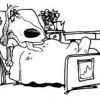
Putting Your Dog or Cat to Work
- Is It Time For Your Dog to Get a Job?
Are you getting a little tired of seeing Rover and Fido reclining on the couch with sleepy eyes, while you go out to work a second job - or to find a job? It seems people in New York City are sending their...
Could your pet be too fat? And what about acupuncture?
- Yes, Your Pet IS Fat!
Just because your kitty cat does not fill the entire window sill, and your puppy is not yet waddling, chances are your pet may still be considered fat. 'Pudgy' is now becoming the new standard for our pets.... - Acupuncture for Cats and Dogs
Acupuncture is now a treatment option for our cats and dogs. This ancient alternative health care choice is offered along with herbal medicine.


